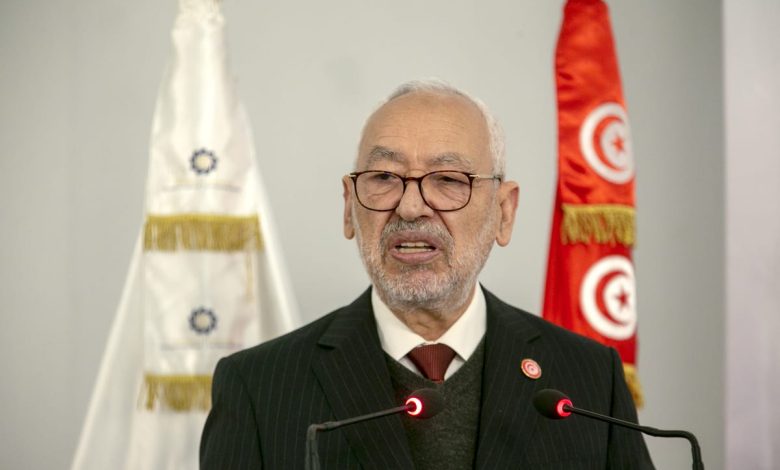Rached Ghannouchi and Rafik Abdessalem before the judicial and financial pole – Tunisia

Ennahdha leader Rached Ghannouchi and another leader of the movement have been brought to justice over foreign funding issues.
The Liaison Office of the Court of First Instance in Tunis said in a statement published yesterday: After the investigation into the pressure groups case was completed, it was decided to refer the Ennahdha Party, in the person of its legal representative, the head of the movement, Rached Ghannouchi, as well as one of the leaders of the movement who was proven to be involved in the conclusion of the consultation contract, Rafik Abdessalem, Ghannouchi’s brother-in-law, to the Criminal Council of the Court of First Instance in Tunis.
The court added that the charge of obtaining foreign funding for an electoral campaign and accepting direct funding of unknown origin for the first, with the participation of the second, was brought after the case was presented to the economic, financial and private judiciary.
On the issue, the representative of a number of associations following the issue of foreign funding raised by the public prosecution against Ennahdha, lawyer Mounir Ben Salha, said in a statement to the local radio Mosaïque FM that, according to the decision of the investigation judge, the movement, in the person of its legal representative Ghannouchi and his son-in-law, the leader of the movement Abdessalem, was referred to the Criminal Council of the Economic and Financial Judicial Pole, on charges of committing the crime of accepting direct political financing from a foreign party.
Judicial investigations with Ennahdha on suspicion of receiving foreign funding during the elections began months ago, after it was revealed that the movement had contracts with foreign companies to campaign on their behalf in order to improve its image and manipulate public opinion, based on what was revealed in the final report of the Department of Audit on the results of monitoring the financing of the premature presidential and legislative elections of 2019.
Tunisian law prohibits political parties from accepting direct or indirect funding from any foreign entity and forbids the possession of funds abroad, and considers the search for foreign support a crime.












